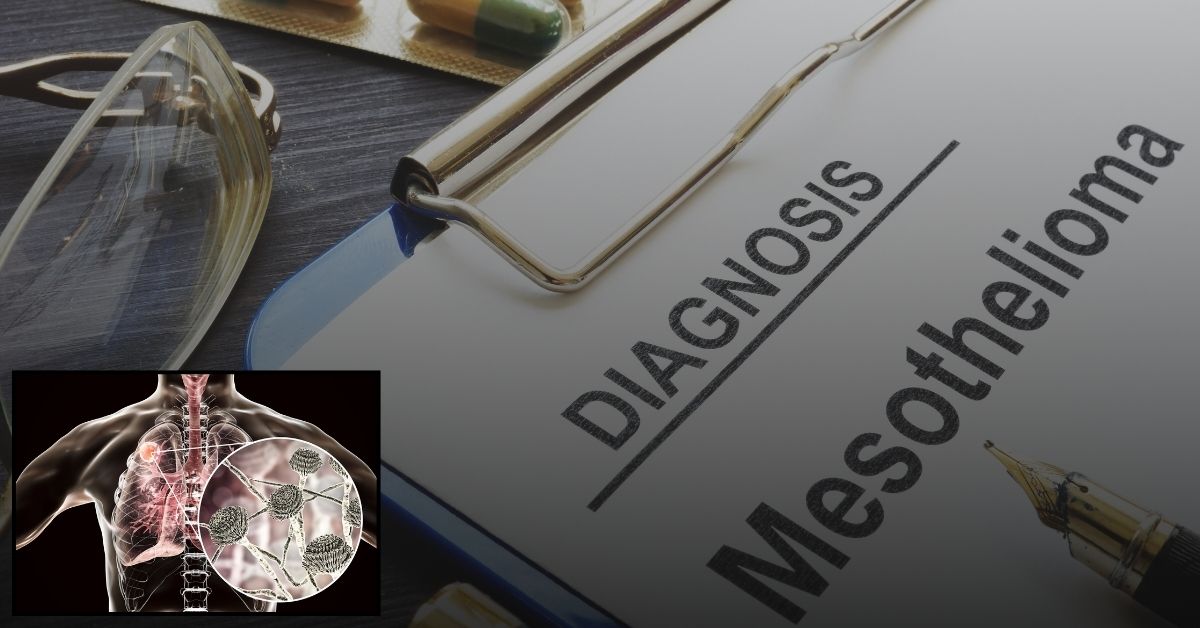Mesothelioma is a rare and often misunderstood disease. If you’ve come across this term recently, you might be feeling overwhelmed with questions: What exactly is it? How does someone get it? Can it be treated? This guide will answer these questions and more in simple, conversational language. Whether you’re looking for information for yourself or a loved one, this article aims to provide clarity.
What is Mesothelioma?
Mesothelioma is a rare type of cancer that affects the thin layer of tissue surrounding your internal organs, called the mesothelium. It most commonly occurs in the lining of the lungs but can also affect the abdomen, heart, or even the testicles.
Think of the mesothelium as a protective wrap, much like a plastic cover on a piece of furniture. When mesothelioma strikes, it damages this protective layer, causing health complications.
What Causes Mesothelioma?
The primary cause of mesothelioma is exposure to asbestos, a material once widely used in construction, insulation, and even household products. Asbestos fibers can be inhaled or ingested, becoming lodged in the body’s tissues, leading to inflammation and cancer over time.
Who is at Risk?
People most at risk include those who worked in industries like construction, shipbuilding, or manufacturing where asbestos exposure was common. Surprisingly, family members of workers exposed to asbestos can also be at risk if fibers were brought home on clothing or tools.
What Are the Symptoms of Mesothelioma?
Mesothelioma symptoms often appear decades after asbestos exposure. Common symptoms include:
- Persistent coughing or chest pain
- Shortness of breath
- Unexplained weight loss
- Fatigue
It’s easy to dismiss these symptoms as minor ailments, but if you have a history of asbestos exposure, it’s crucial to consult a doctor.
How is Mesothelioma Diagnosed?
Diagnosing mesothelioma usually involves several steps:
- Imaging Tests: X-rays, CT scans, or MRIs to detect abnormalities.
- Biopsy: A small tissue sample is taken to confirm the diagnosis.
- Blood Tests: Some markers may hint at mesothelioma but aren’t definitive.
Early detection is key, so don’t delay seeking medical advice if you’re concerned.
What Are the Types of Mesothelioma?
There are four main types of mesothelioma:
- Pleural Mesothelioma: Affects the lungs (most common).
- Peritoneal Mesothelioma: Impacts the abdominal lining.
- Pericardial Mesothelioma: Targets the heart’s lining (rare).
- Testicular Mesothelioma: Affects the testicles (extremely rare).
Each type presents unique challenges and symptoms, making proper diagnosis essential.
Can Mesothelioma Be Treated?
While there’s no cure for mesothelioma, treatment can improve quality of life. Options include:
- Surgery: To remove tumors when possible.
- Chemotherapy: To kill cancer cells.
- Radiation Therapy: To shrink tumors.
Some patients also explore experimental treatments like immunotherapy. Your doctor will recommend a plan tailored to your specific situation.
What Are the Stages of Mesothelioma?
Mesothelioma progresses through four stages:
- Stage 1: Cancer is localized.
- Stage 2: Cancer begins to spread to nearby tissues.
- Stage 3: Spread to lymph nodes or other organs.
- Stage 4: Advanced spread, affecting distant organs.
Treatment options narrow as the disease advances, emphasizing the importance of early detection.
How Can Mesothelioma Be Prevented?
Preventing mesothelioma starts with reducing asbestos exposure:
- Avoid Disturbing Asbestos Materials: If your home has asbestos, hire professionals for removal.
- Use Protective Gear: Especially in workplaces with potential exposure.
- Educate Yourself: Learn about asbestos regulations in your area.
Prevention is your best defense, especially if you’re in a high-risk group.
Living with Mesothelioma
Living with mesothelioma can be challenging, but support is available:
- Join Support Groups: Connecting with others can help emotionally.
- Palliative Care: Focuses on relieving symptoms and improving comfort.
- Stay Informed: Understanding your condition empowers you to make better choices.
What Legal Options Are Available?
If you or a loved one developed mesothelioma due to asbestos exposure, you might be entitled to compensation. Many companies knowingly exposed workers to asbestos. Consult an attorney specializing in mesothelioma cases to explore your legal rights.
Also Read: Can Depression Cause Heart Attack?
Mesothelioma FAQs
Q: What is the life expectancy for someone with mesothelioma?
A: Life expectancy varies based on the type and stage but typically ranges from 12 to 21 months after diagnosis.
Q: Is mesothelioma always caused by asbestos?
A: In most cases, asbestos exposure is the primary cause. However, rare genetic mutations may also contribute.
Q: Can mesothelioma occur without direct asbestos exposure?
A: Yes, indirect exposure, such as living with someone who worked with asbestos, can also lead to mesothelioma.
Q: Is mesothelioma contagious?
A: No, mesothelioma cannot be spread from person to person.
Q: Are there new treatments for mesothelioma?
A: Emerging treatments like immunotherapy and gene therapy show promise but are still being studied.



